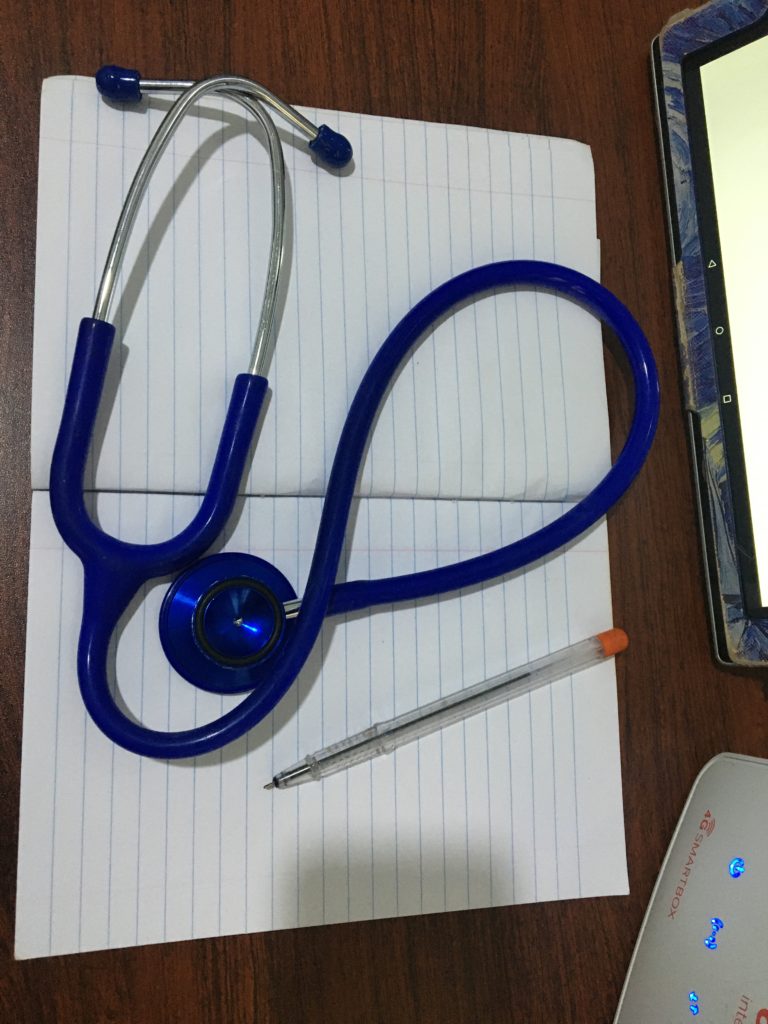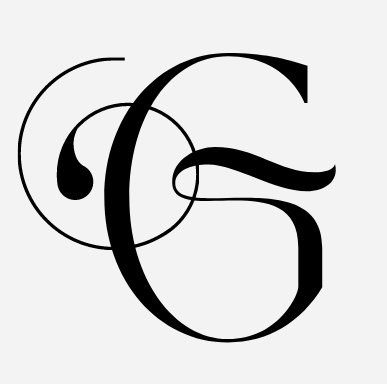
I bet you’ve heard many times that if you have high blood pressure, you need to take your medications daily to keep their BP within normal ranges.
But do you also know that there are some situations in which you should NOT take your BP medications even if it is high? Do you want to know why?
I know this sounds strange to you but please stay with me. I’ll explain further.
Complications of high BP
When your blood pressure is elevated, it puts you at risk of complications from the damage done by the high blood pressure.
Stroke is a very common complication of uncontrolled high blood pressure. It is one of the commonest causes of disability and death. Stroke can manifest in many different ways. This is determined by the part of the brain affected.
Stroke symptoms
Most commonly stroke manifests as partial or complete paralysis of one side of the body, inability to speak, talking out of point, or loss of consciousness.
Dizziness, nausea, vomiting, slurred speech, loss of vision and seeing double may also be symptoms of stroke.
The ability of stroke survivors to carry on with their normal daily activities largely depends on the type of stroke and the timing of the initial treatment.
Anti-hypertensive drugs after a stroke: why not?
Two types of stroke exist, but one is more common than the other. Stroke occurs when there is a blockage in blood circulation to a part of the brain or the bursting of a blood vessel within the brain. The more common type constitutes about 85 percent. It is due to the blockage of blood flow to a part of the brain.
When there is a blockage of blood flow to a part of the brain, the body increases the pressure at which blood flows In the body. That way, more blood can seep through the blockage and get to that area. This helps to reduce the amount of brain cells dying due to lack of oxygen. In the first few days after a stroke, this is what happens normally.
When you feel some dizziness, heaviness, weakness, or numbness on one side of your body, these are all symptoms of stroke. If you think your BP has gone up, you’re probably correct.
Consequences of High BP drugs immediately after stroke.
If you go ahead and take your BP drugs at that point, you increase the number of your brain cells that will die off. That increase in blood pressure is your body’s way of maintaining circulation to the area that was blocked.
Think about it. Taking antihypertensive drugs when having stroke symptoms will cause death of more brain tissue and a worse outcome.
So even if your blood pressure is high after a stroke, it is not safe to take your antihypertensive on your own immediately. You might end up with a wider area of your brain affected than it was initially. This means a much longer recovery time and worse outcomes.
Your Doctor will decide if you need anti hypertensives, the dose and type (tablets or injection) of antihypertensive drug you need IMMEDIATELY after a stroke. This decision will be based on how high the blood pressure is, the type of stroke you have had and how much time has passed after the event.
In my experience, it is a common misconception among patients that they should take a higher dose of their antihypertensive drugs whenever they have elevated BP. This may turn out to be counterproductive.
So, there you have it. Do not rush to take your drugs because you feel ill and your blood pressure is hitting the roof. Do not double the dose of your BP drugs when you are not certain whether you had a stroke.
